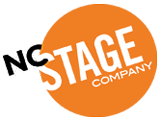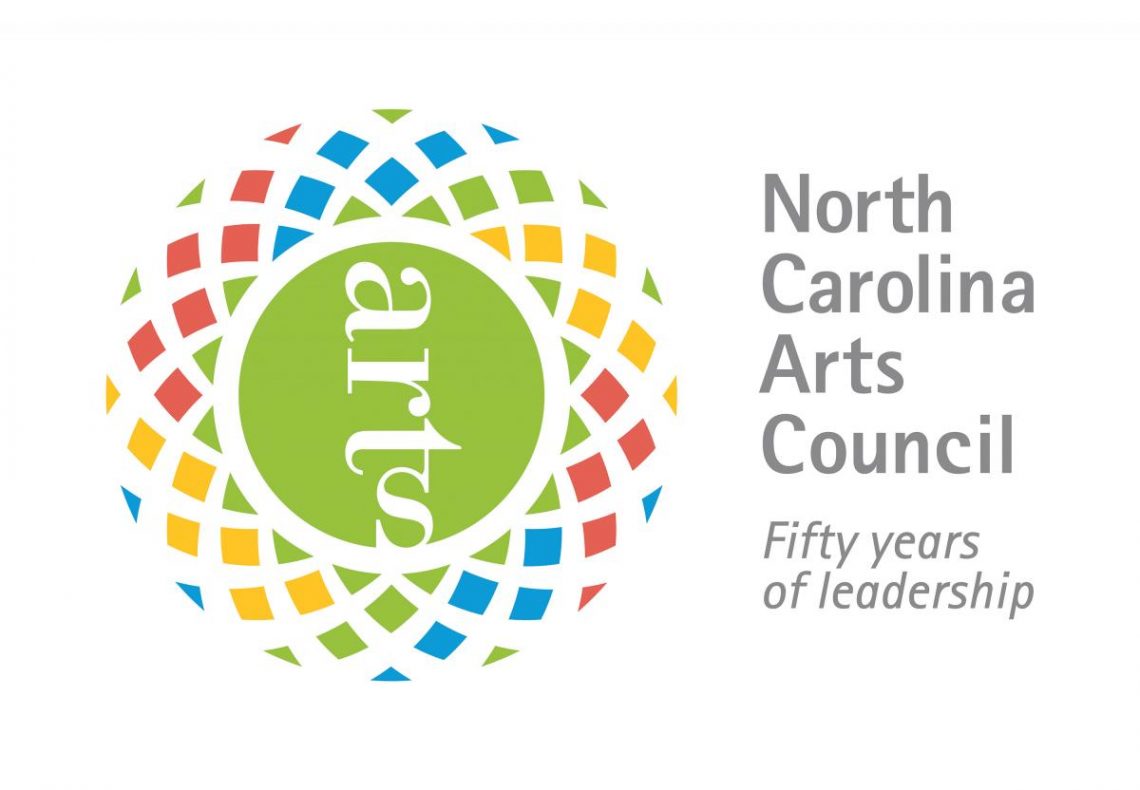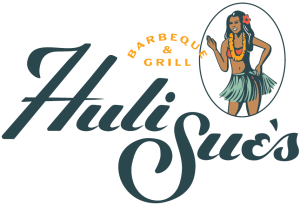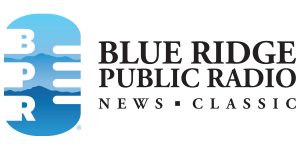Well, when the president does it, that means that it is not illegal.
Richard Nixon, 1977 interview with David Frost
THE POLITICS

Washington Post reporters Carl Bernstein and Bob Woodward; Senate Watergate Hearings; New York Times front page
Richard M. Nixon became the 37th president of the United States in 1969 and easily won re-election in 1974. However, within months of Nixon’s second term, his administration became entrenched over accusations of involvement with a burglary at the offices of the Democratic National Committee inside the Watergate Hotel.
The Watergate scandal erupted as an FBI investigation and journalism by Washington Post reporters Bob Woodward and Carl Bernstein, aided by an informant code named ‘Deep Throat’, exposed the corruption of the White House and the President’s own paranoia.
Unlike previous political scandals, the public could follow Watergate in every detail through the Oval Office tape recordings and on TV. The televised Senate Committee hearings gripped viewers with an estimated 85% of Americans tuned in.
Faced with impeachment, Nixon addressed the nation by television on the evening of August 8, 1974 announcing that he would resign effective noon the next day. A month later, Nixon’s former Vice President and now successor President Gerald R. Ford granted him a full pardon.
THE PRESS

David Frost and Caroline Cushing; behind the cameras of That Was The Week That Was
British journalist David Frost’s provocative interviewing style often resulted in the phrase ‘trial by television’. Frost arrived on the television scene as host of the groundbreaking satirical news British program That Was The Week That Was. After broadcasting a decidedly non-satirical, moving tribute to assassinated President John F. Kennedy, Frost became famous in the US and began commuting across the Atlantic, earning himself the reputation of an international playboy.
By the mid-1970s, with a talk show cancellation and a dimming spotlight, Frost’s career was in decline. In a bid to regain celebrity, Frost made a move to interview Richard Nixon but had a problem. U.S. television was limited to what appeared on three major networks: CBS, NBC, and ABC. The networks had pursued interviews with Nixon in the past and had been unsuccessful. Frost did what the networks wouldn’t – he offered to pay. Frost raised his own funds to pay Nixon $600,000 for the interview and agreed to give him a percentage of all subsequent profits.
News of the deal met with fierce criticism, especially from journalist Mike Wallace, and the major networks panned Frost. Without network support, syndication would be almost impossible. If Nixon didn’t give anything away in the interviews that would sell, Frost’s investment would be lost, Nixon would be redeemed, and Frost’s efforts to get back in the spotlight would be an epic failure.
The four 90-minute programs included an exclusive, remarkable event in television journalism as the nation watched Frost’s questioning bring Nixon to admit he had let the American people down over Watergate. The Frost/Nixon interviews achieved the largest television audience for a news interview in history and has since become a benchmark for political interviews.
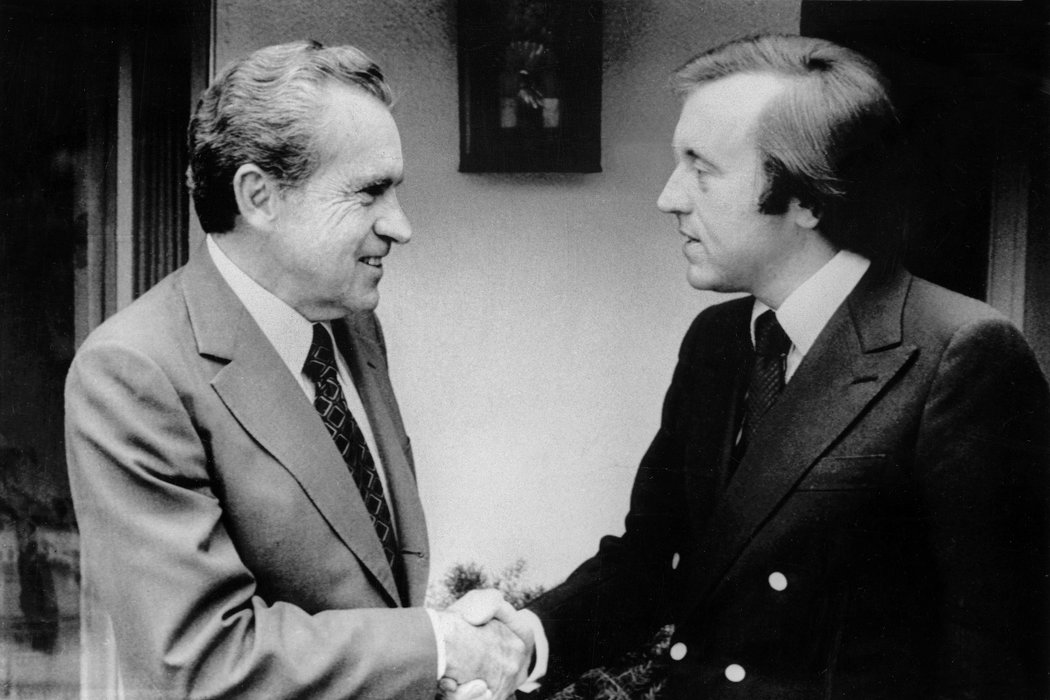
Richard Nixon and David Frost




